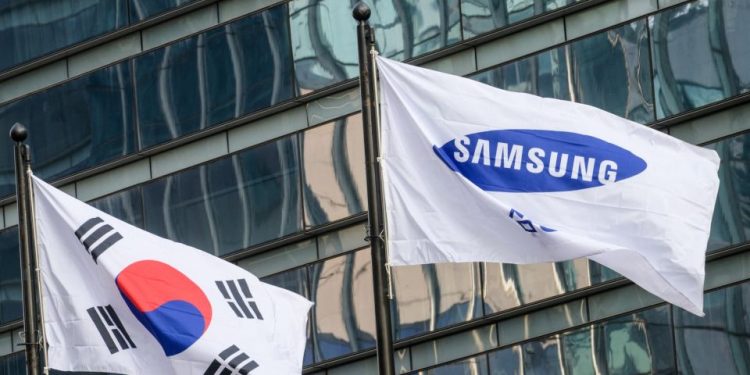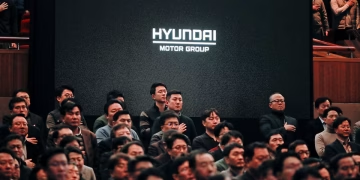Chaebol Marriages South Korea: The Changing Trend
In South Korea, chaebol marriages have shifted dramatically in recent years. Younger generations from these powerful conglomerate-controlling families are now marrying within the business world. Almost half of these marriages are between heirs from different chaebol families, moving away from the past trend of marrying into political families.
Gone are the days when South Korea’s ultra-rich used political marriages to forge strategic ties with the powerful. Today, the chaebol families are looking inward, building alliances within the business sector rather than through politics. This change has significant implications for both South Korea’s business landscape and its political connections.
The Rise of Marriages Within the Business World
Recent data analyzed by CEO Score tracked the marriages of 380 individuals from 81 chaebol families. The study revealed that 46.5% of fourth and fifth-generation members of chaebol families married other heirs from different conglomerates, marking a sharp increase from 34.5% among second-generation members. Marriages involving individuals without a prominent business background also grew, from 29.3% among the second generation to 37.2% among younger generations.
Interestingly, the data showed that political marriages have sharply declined. Marriages between chaebol heirs and political or government figures dropped from 24.1% among second-generation marriages to just 6.9% in the fourth and fifth generations. This reflects a broader trend away from political connections toward business alliances.
Read Also:
Asian Stocks Poised for Weekly Gains Amid Rate-Cut Wagers
Asian Stocks Poised for Weekly Gains Amid Rate-Cut Wagers
The Decline of Political Marriages in South Korea’s Chaebols
In the past, marriages between chaebol families and political figures helped solidify business positions, offering advantages in the form of political influence. However, today’s younger heirs seem to view such unions as risky. “Marrying politicians or government officials aided the business in the past. But doing so now entails a greater risk of business being monitored and regulated,” the report stated.
During South Korea’s authoritarian period, many chaebol families strategically married into political families to gain power and influence. For example, in 1979, Hyundai Group’s Chung Mong-joon married Kim Yeong-myeong, the daughter of then Foreign Minister Kim Dong-jo. Another case was SK Group Chairman Chey Tae-won’s marriage to Roh Soh-yeong, the daughter of President Roh Tae-woo in 1988. These marriages were politically motivated, reinforcing the idea that political alliances strengthened business fortunes.
A Shift to Business-Focused Marriages
Today, chaebol heirs prefer to form ties within their own business circles. This shift reflects a broader change in the corporate landscape, where conglomerates must operate with increased scrutiny and transparency. With the rise of e-commerce and modern business practices, creating strong ties within the corporate sector offers a safer and more sustainable advantage.
As chaebol families continue to evolve, these marriages signify not just a change in personal dynamics but also a transformation in how business power is structured in South Korea. The political ties that once held sway are being replaced with business alliances aimed at securing long-term competitive advantages.












